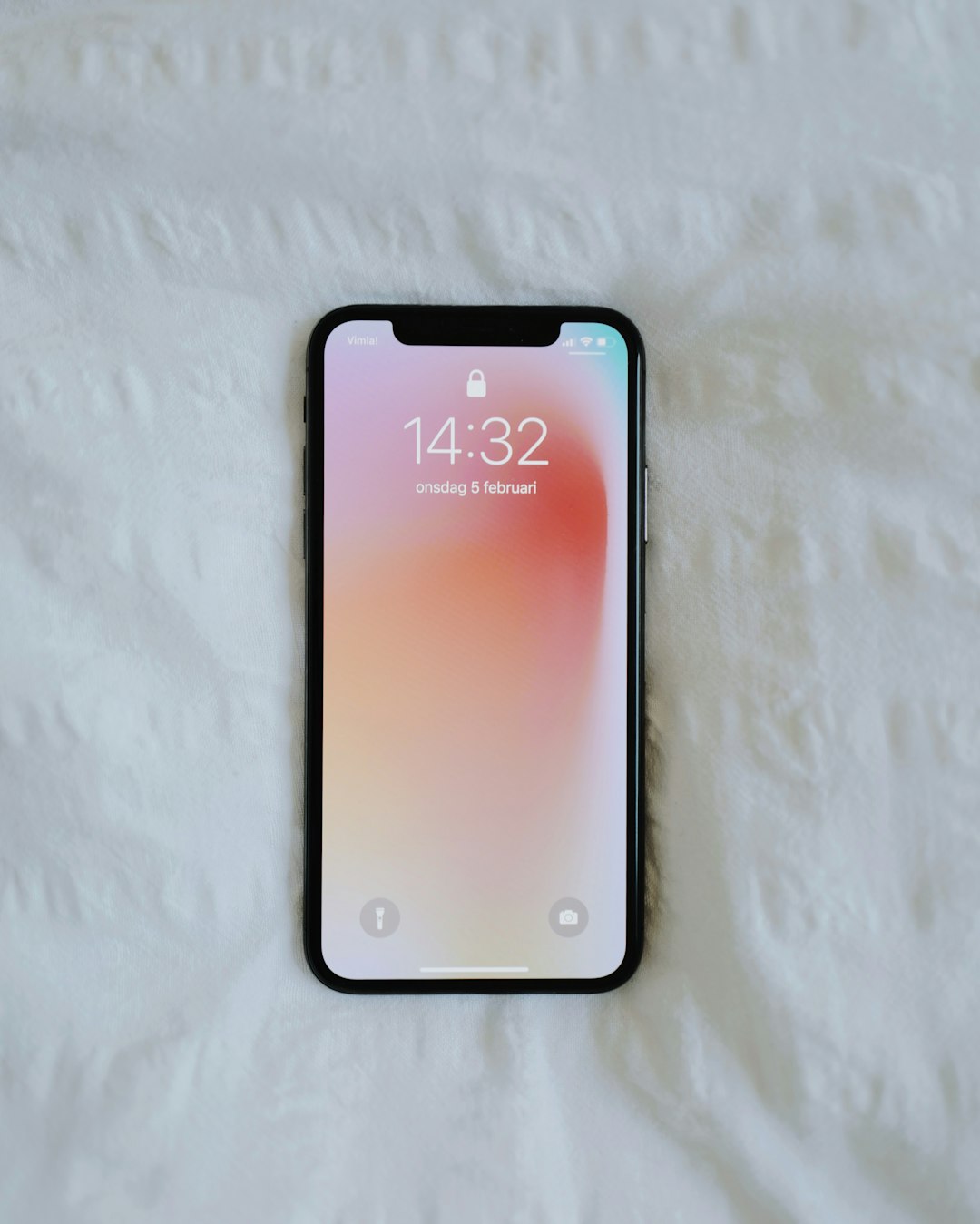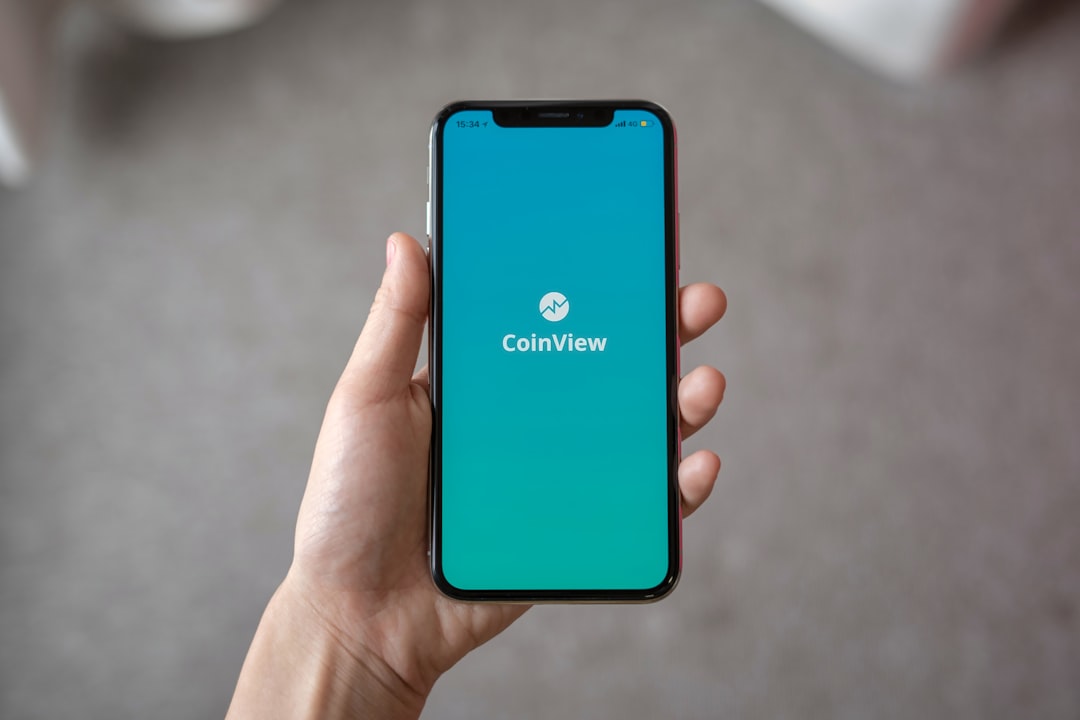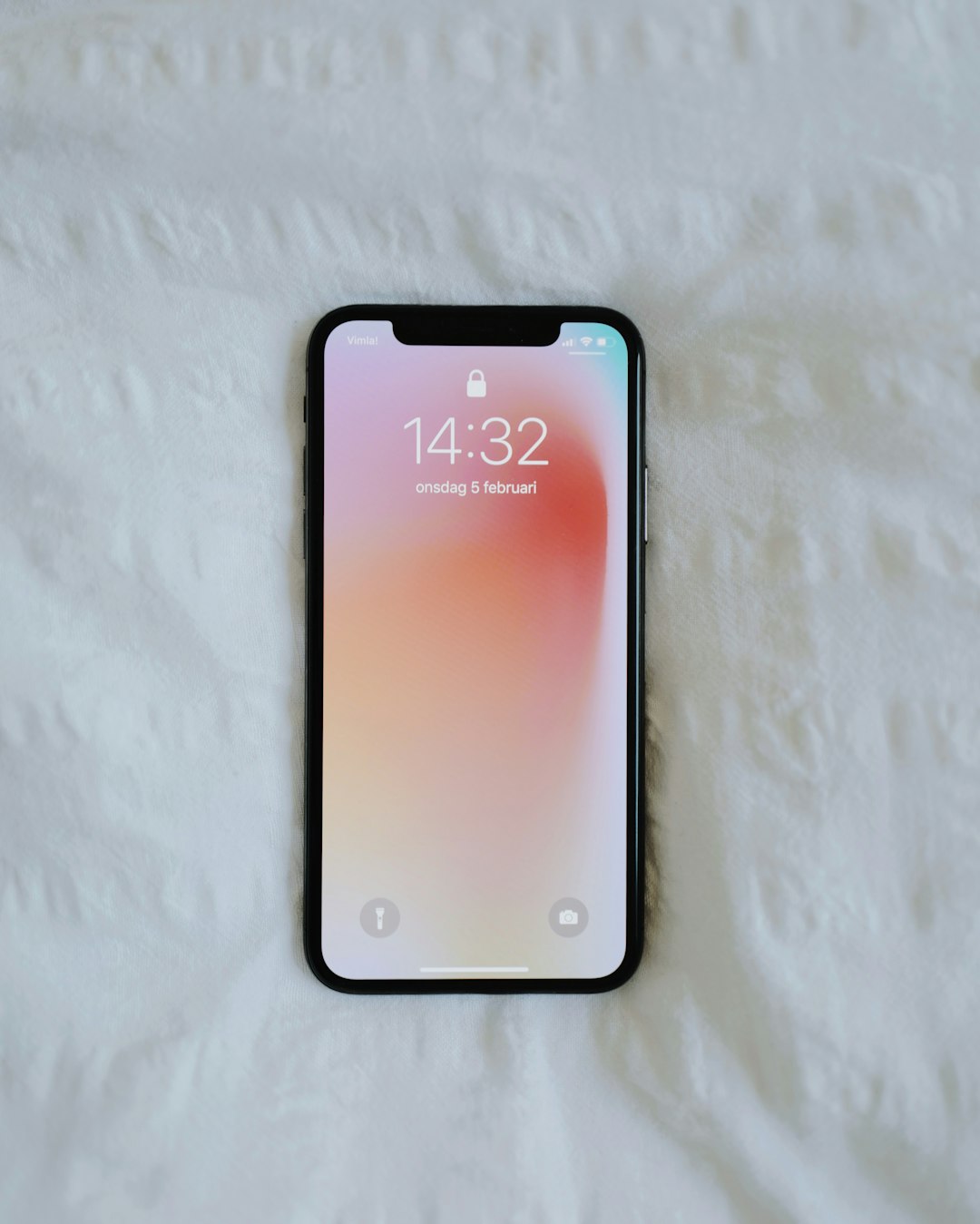Robocalls have become a significant nuisance in West Virginia, prompting residents to seek solutions. The Telephone Consumer Protection Act (TCPA) regulates legal call blocking, giving consumers control over automated calls. Call-blocking technologies and apps empower users to block unwanted calls from numbers like Robocall Attorney West Virginia, reducing privacy intrusions. A step-by-step guide teaches how to set up call blocking, create blocklists, and regularly update them. Regularly reviewing and updating these lists ensures ongoing protection against new robocall sources, enhancing phone security and user experience.
Tired of unwanted robocalls disrupting your day? Learn how to reclaim control with our comprehensive guide on setting up call blocking on your phone. We’ll explore the prevalent issue of robocalls and their impact, delving into the legal perspective in West Virginia, where understanding your rights as a consumer is crucial. Discover the numerous benefits of call blocking and follow our step-by-step instructions to implement this powerful tool. From best practices to additional tips, we equip you with the knowledge needed to maintain a blocked line effectively. Say goodbye to robocalls and hello to peace of mind!
Understanding Robocalls and Their Impact

Robocalls, automated phone calls from unknown numbers, have become a ubiquitous and often unwanted part of our daily lives. While some robocalls offer valuable services, such as appointment reminders or survey invitations, many are illegal marketing calls or fraudulent schemes designed to manipulate and exploit consumers. In West Virginia, as in many states across the country, these automated phone calls can be particularly annoying and harmful, leading to a significant impact on individuals’ quality of life and peace of mind.
The proliferation of robocalls has prompted many people to seek solutions for blocking these unwanted intrusions. The effects of robocalls extend beyond mere frustration; they can also have legal implications, especially when it comes to fraudulent calls. A robocall attorney in West Virginia can guide individuals on their rights and available options, including the use of call-blocking technologies and legal actions against persistent or illegal robocallers. Understanding the nature and impact of robocalls is a crucial first step in taking control of one’s phone experience.
The Legal Perspective on Call Blocking in West Virginia

In West Virginia, the legal perspective on call blocking, particularly for robocalls, is governed by the Telephone Consumer Protection Act (TCPA). This federal law, enforced by the Federal Communications Commission (FCC), provides significant protections for consumers against unwanted phone calls. While it allows certain types of automated or prerecorded calls under specific circumstances, the TCPA strictly regulates how businesses can contact consumers, especially regarding sales or marketing purposes.
Robocall Attorney West Virginia is a relevant search term due to the increasing prevalence of automated calls that many consider intrusive or fraudulent. Consumers have the right to block such calls using call-blocking apps or settings on their phones. Moreover, any business engaging in robocalls must comply with strict consent requirements, ensuring consumers have agreed to receive these types of calls. Violations of TCPA can result in substantial fines, making it crucial for both businesses and individuals to understand their rights and responsibilities regarding call blocking in West Virginia.
Benefits of Implementing Call Blocking on Your Phone

Implementing call blocking on your phone offers numerous benefits, especially in today’s digital age where unwanted calls, including robocalls from Robocall Attorney West Virginia, have become increasingly prevalent. This simple yet powerful feature allows you to take control of your communication and protect your personal time and privacy.
By blocking calls, you can significantly reduce the number of disruptive phone calls, ensuring that your device remains a tool for essential communication rather than a constant source of distractions. It provides a sense of security, allowing you to screen and block suspicious or unknown numbers, thus preventing potential frauds and scams from reaching you. Additionally, call blocking enables you to manage your caller ID effectively, giving you the freedom to decide when and how you interact with incoming calls.
Steps to Set Up Call Blocking: A Comprehensive Guide

Setting up call blocking on your phone is a straightforward process, especially if you’re tired of unwanted calls from robocalls or persistent telemarketers. Here’s a comprehensive guide to help you take control of your communications.
1. Identify Your Phone Model and Operating System: Start by checking the make and model of your phone as well as the version of its operating system (iOS, Android, etc.). This information is crucial for accessing the correct settings and features specific to your device.
2. Access Call Blocking Settings: Navigate through your phone’s settings, often found in the ‘Privacy’ or ‘Telephony’ sections. Look for options labeled ‘Call Blocking,’ ‘Unknown Callers,’ or similar. On some devices, you might find these under ‘Do Not Disturb’ settings.
3. Set Up Blocklists: Within the call blocking settings, create a list of numbers you want to block. This can include known robocall numbers, telemarketers, or any other unwanted callers. You can manually input specific phone numbers or use pre-existing blocklist databases that filter out common robocall sources, especially in West Virginia where such calls are prevalent.
4. Configure Blocking Preferences: Customize your blocking preferences to suit your needs. Decide whether you want to automatically reject or silence incoming calls from the blocked numbers. Some devices also allow you to set specific ringtones or messages for these calls, making it easier to identify them before answering.
5. Test and Update Blocklists Regularly: Periodically review and update your blocklists to ensure they remain effective against new robocallers. Automated call blocking tools often require manual updates to adapt to evolving calling patterns and number changes used by telemarketers and scammers.
Best Practices and Additional Tips for Maintaining a Blocked Line

To maintain a blocked line effectively, follow these best practices and additional tips:
1. Regularly Review Your Blocked Calls: Keep an eye on your call history to ensure that the numbers you’ve blocked are no longer attempting to reach you. This is especially important if you’re facing recurring calls from Robocall Attorney West Virginia or other persistent spammers. Regular reviews help in fine-tuning your block list.
2. Use Trusted Block Call Apps: Leverage official call blocking apps provided by your phone manufacturer or third-party services known for their robust spam detection capabilities. These tools learn and adapt to new patterns, ensuring a more comprehensive block on unwanted calls, including those from Robocall Attorney West Virginia.
3. Block Unknown Numbers Promptly: Don’t hesitate to block any unknown numbers that show up on your call log. This proactive approach can significantly reduce the chances of future disruptions. Remember, better safe than sorry!
4. Report Spam Calls: Reporting spam calls to relevant authorities or phone service providers can help in identifying and blocking such numbers on a larger scale. It’s a collective effort to combat unwanted Robocall Attorney West Virginia and similar nuisance callers.
5. Consider Call Filtering Services: For advanced protection, explore call filtering services that offer additional layers of security. These services often provide intelligent call routing, allowing you to set specific rules for handling calls from certain areas or numbers, including those associated with Robocall Attorney West Virginia.






